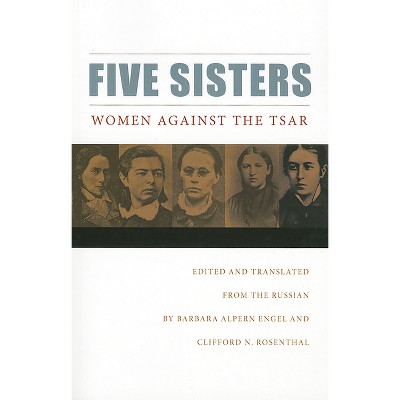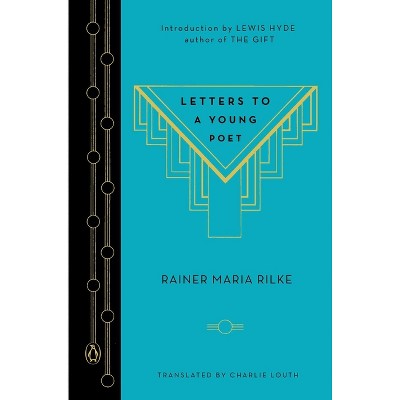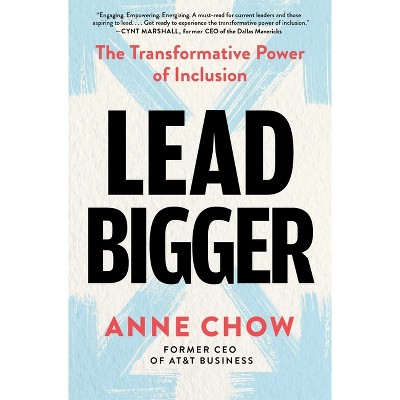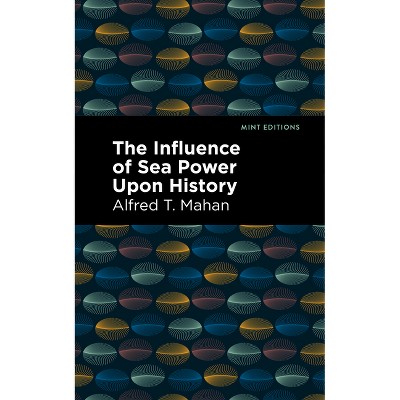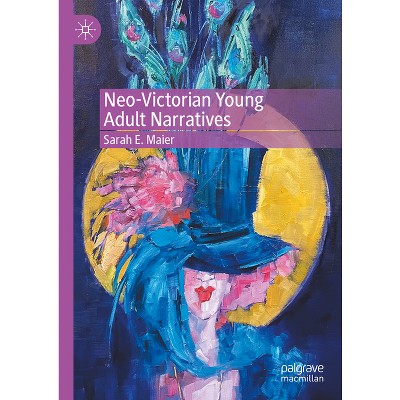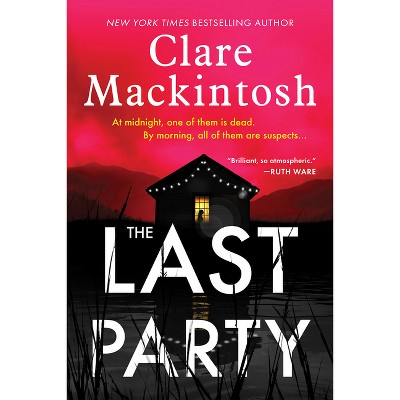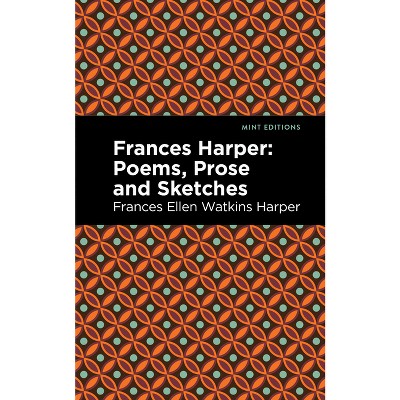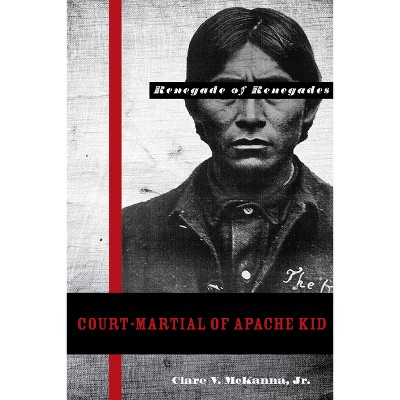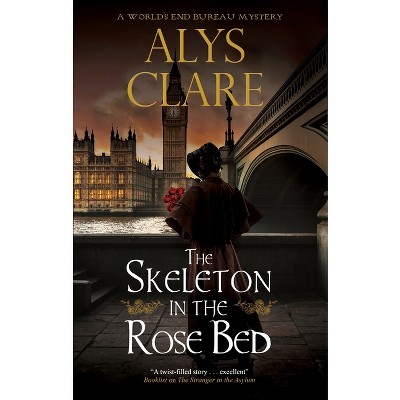Sponsored

Evaluating Multiple Narratives - by Junko Habu & Clare Fawcett & John M Matsunaga (Hardcover)
In Stock
Sponsored
About this item
Highlights
- At the end of the 20th Century, archaeologists from non-Anglo-American countries started to become vocal about the "traditional" interpretations of history that archaeology was making.
- Author(s): Junko Habu & Clare Fawcett & John M Matsunaga
- 218 Pages
- Social Science, Archaeology
Description
About the Book
This book presents case studies of previously under-researched groups throughout the world. It aims to use archaeological case studies from around the world to evaluate the implications of providing alternative interpretations of the past.
Book Synopsis
At the end of the 20th Century, archaeologists from non-Anglo-American countries started to become vocal about the "traditional" interpretations of history that archaeology was making. The "traditional" archaeology came from the predominantly white, male archaeologists from England and the United States going to other countries and interpreting the material culture from their point of view. This, of course, is still happening but is becoming less acceptable nor accepted by the global world of archaeology.
The goal of this volume is to use archaeological case studies from around the world to evaluate the implications of providing alternative interpretations of the past. These cases also address key questions such as: Can multivocality (multiple interpretations of the past) be separate from the theory of contemporary Anglo-American archaeology; is multivocality relevant to local residents and non-Anglo-American archaeologists; and can the close examination of alternative interpretations contribute to a deeper understanding of subjectivity and objectivity of archaeological interpretation?
The contributors are at the forefront of archaeological theory research and the commentators are eminent archaeological theoreticians. This volume will also contribute to the debate about the social and political implications of archaeological practice.
From the Back Cover
Evaluating Multiple Narratives: Beyond Nationalist, Colonialist, Imperialist Archaeologies
Edited by Junko Habu, Clare Fawcett, and John M. Matsunaga
This volume uses Bruce Trigger's 1984 article, "Alternative Archaeologies: Nationalist, Colonialist, Imperialist" as a starting point to examine the complex interaction between contemporary society and archaeological practice today. It deals with the evaluation of multiple interpretations of the past, with a focus on the concept of multivocality. According to its practitioners and adherents, archaeological multivocality gives voice to underrepresented groups and individuals by providing alternative interpretations of the past.
This book uses case studies from Asia, Latin America, Europe and North America to explore the interplay between the sociopolitical context of specific national, regional or local archaeological traditions and the variety of interpretations of the past made by archaeologists and others. A key question asked throughout the book is whether multivocality, a concept derived from postmodern theory and embedded in the political, social and intellectual traditions of Britain and North America, is welcome or applicable in other parts of the world. The diversity of topics and geographical areas covered in the chapters allows readers to understand the dynamic nature of the relationship between archaeology, sociopolitical conditions, and peoples' identities in regional and historical settings.
The volume concludes with discussions by Alison Wylie, Ian Hodder, and Bruce Trigger who revisit past research but also look forward to the future of alternate archaeologies, multivocality and multiple narratives.
Shipping details
Return details
Frequently bought together
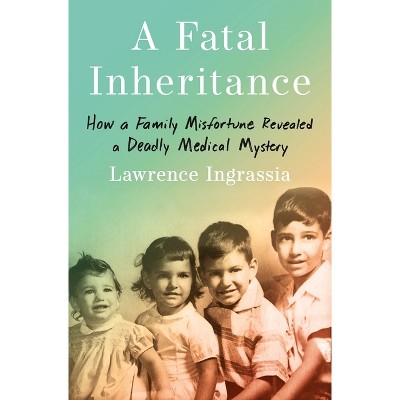
Trending Non-Fiction






